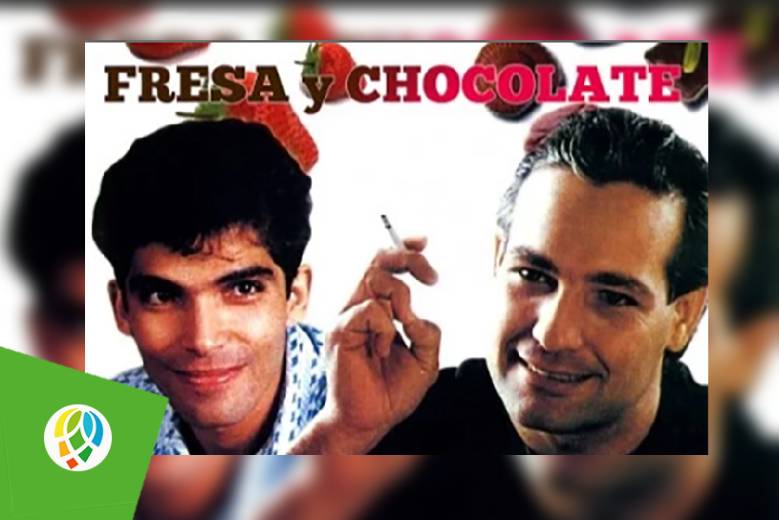
HAVANA, Cuba, Dec 12 (ACN) For three decades, Cuban cinema has boasted a movie that broke all the molds of its time: Strawberry and Chocolate, which we should always turn to for the sake of understanding and tolerance.
Now, the 44th International Festival of New Latin American Cinema (FINCL) pays tribute to this film, its cast, and its directors Tomás Gutiérrez Alea (1928-1996) and Juan Carlos Tabío (1943-2021).
Vladimir Cruz, who played the part of David, said that Strawberry… shaped his acting career because of its impact back then and since.
“It was my first role and the one that opened doors for me in Cuba and abroad and gave me the chance to get to know a different cinematography and to bring back to Cuban cinema what I learned in other countries,” he stressed. “It was a defining experience and a source of great pride because the way the film has been useful to many people in our society. (…) It’s very difficult to change people’s way of thinking and the idiosyncrasy of a country, but Strawberry…was a landmark movie in that it addressed issues such as sexual diversity, tolerance and the expressions of homophobia that still persist and highlighted everyone’s right to participate in social change.
“The characters Diego—played by Jorge Perugorría—and David find themselves in the midst of a historical moment marked by the so-called new man generation and where being homosexual was deemed unhealthy, but for us as actors it was a period of learning, reflection and open-mindedness that we transferred to our personal lives,” said Cruz.
Senel Paz, whose book “The Wolf, the Forest and the New Man” became the script of the film, said that it not only became a very popular box-office hit that Cuban moviegoers embraced, it was also a work made with total freedom.
Alongside Diego is his neighbor Nancy, played by Mirtha Ibarra—Gutierrez Alea’s longtime wife—who refers to Strawberry… as one of the late director’s most important works, second only to Memories of Underdevelopment, because it shattered all preconceptions stemming from the Cuban media’s approach to homophobia.
Titón and Tabío's movie was Cuba’s first to be nominated for an Oscar in 1994 as Best Foreign Film, as well as winner of the Goya Award in 1995 and other important prizes.
Sidebar

 Agencia Cubana de Noticias
Líder en información nacional
Agencia Cubana de Noticias
Líder en información nacional








Nos reservamos el derecho de no publicar los comentario que incumplan con las normas de este sitio